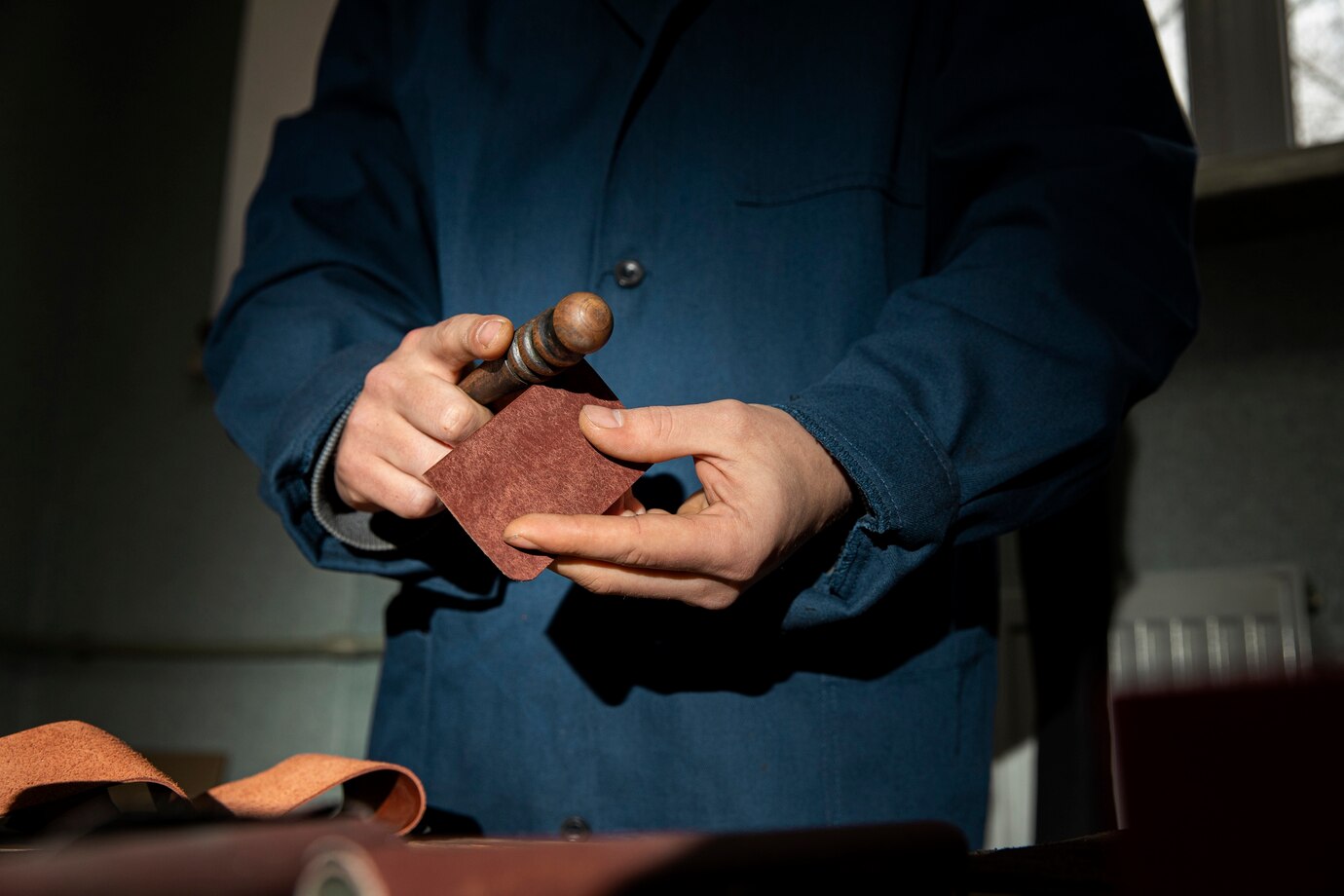Running a cigar lounge can be both a rewarding and challenging endeavor. It’s a business that combines luxury, tradition, and a sense of community, but like any other, it requires careful financial management to remain profitable. One of the most critical aspects of this is cost control. Below, we explore key strategies to help cigar lounge owners manage their expenses effectively while maintaining a high-quality experience for their patrons.
1. Inventory Management
Effective inventory management is crucial in a cigar lounge, where the product is both valuable and perishable under improper storage conditions.
- Stock Optimization: Avoid overstocking cigars that have a slow turnover rate. This ties up capital and increases the risk of stock becoming unsellable. Instead, analyze sales data to keep stock levels aligned with demand.
- Humidor Maintenance: Ensure that your humidor is well-maintained to preserve the quality of your cigars. A malfunctioning humidor can lead to significant losses through spoiled inventory.
- Supplier Relationships: Build strong relationships with cigar manufacturers and distributors. This can lead to better pricing, favorable payment terms, and access to exclusive or limited-edition products, which can boost your lounge's appeal.
2. Labor Cost Management
Labor is typically one of the highest expenses in any hospitality business, and cigar lounges are no exception. Managing this cost effectively is key to maintaining profitability.
- Efficient Staffing: Use data from your busiest times to staff appropriately, ensuring that you have enough personnel to provide excellent service without overstaffing during slower periods.
- Cross-Training: Cross-train your staff to handle multiple roles, such as bartending, cigar cutting, and customer service. This reduces the need to hire additional employees and allows for more flexible scheduling.
- Incentive Programs: Implement incentive programs that reward staff for meeting sales targets or providing exceptional service. This can motivate your team to increase sales and provide better customer experiences without increasing the base wage bill.
3. Energy and Utility Management
Cigar lounges often have specific needs when it comes to climate control, lighting, and ventilation, all of which can be costly if not managed efficiently.
- Energy-Efficient Equipment: Invest in energy-efficient HVAC systems and lighting. Given the need for proper air circulation and temperature control, this can lead to significant savings on energy bills.
- Regular Maintenance: Regularly maintain all equipment to ensure it operates efficiently. Preventative maintenance can extend the life of your equipment and prevent costly emergency repairs.
- Energy-Saving Practices: Implement practices such as adjusting thermostat settings during off-hours and using motion sensors for lighting in less frequently used areas to reduce energy consumption.
4. Waste Reduction
Waste can be a significant hidden cost in a cigar lounge, from unsold stock to over-pouring in the bar.
- Cigar Management: Keep track of cigars that are nearing the end of their optimal selling period and consider offering them at a discount before they lose quality. This helps minimize losses and can attract cost-conscious customers.
- Bar Control: Implement strict portion control at the bar. Over-pouring or wasteful practices can significantly eat into profits, so training bartenders to measure pours accurately is essential.
- Consumable Supplies: Monitor the use of non-perishable supplies like matches, lighters, and napkins. Excessive use of these items can add up over time.
5. Menu Engineering
The drinks and food menu in a cigar lounge can have a significant impact on overall profitability. Optimizing your offerings and pricing is essential.
- High-Margin Items: Identify and promote high-margin items, such as certain spirits or premium cigars. Highlight these items on your menu or through special promotions.
- Seasonal Offerings: Introduce seasonal items that can be sourced at lower costs due to their availability. This keeps the menu fresh and can reduce costs.
- Menu Simplification: A streamlined menu can reduce waste and inventory costs. Focus on a select number of high-quality offerings rather than a broad range of options that may not sell as well.
6. Marketing and Promotions
Marketing is essential for attracting and retaining customers, but it’s important to ensure that promotional activities are cost-effective.
- Targeted Advertising: Focus your marketing efforts on platforms and methods that reach your ideal customer base, such as social media ads targeting local cigar enthusiasts or collaborations with influencers in the cigar community.
- Loyalty Programs: Implement a loyalty program to encourage repeat business. These programs can be low-cost to operate but highly effective in building a steady customer base.
- Event Hosting: Hosting events like cigar tastings, cigar rolling demonstrations, or pairing nights (e.g., cigars and whiskey) can attract customers. Partner with suppliers who may be willing to share the costs or provide products at a discount in exchange for exposure.
7. Legal and Compliance Costs
Operating a cigar lounge involves navigating various regulations related to smoking, alcohol service, and other local laws. Keeping these costs under control is essential.
- Stay Updated: Regularly review local laws and regulations to ensure compliance and avoid costly fines. Staying proactive in legal matters can save significant money in the long run.
- Consult Professionals: While it may seem like an added expense, consulting with legal and tax professionals can help you navigate complex regulatory environments and find cost-saving opportunities, such as tax deductions or credits.
Conclusion
Cost control in a cigar lounge requires a multifaceted approach that balances maintaining a luxurious, high-quality experience with the realities of managing expenses.
By focusing on inventory management, labor efficiency, energy use, waste reduction, menu optimization, smart marketing, and legal compliance, lounge owners can ensure the sustainability and profitability of their business.
Implementing these strategies will not only help control costs but also enhance the overall customer experience, securing the lounge’s place in a competitive market.





